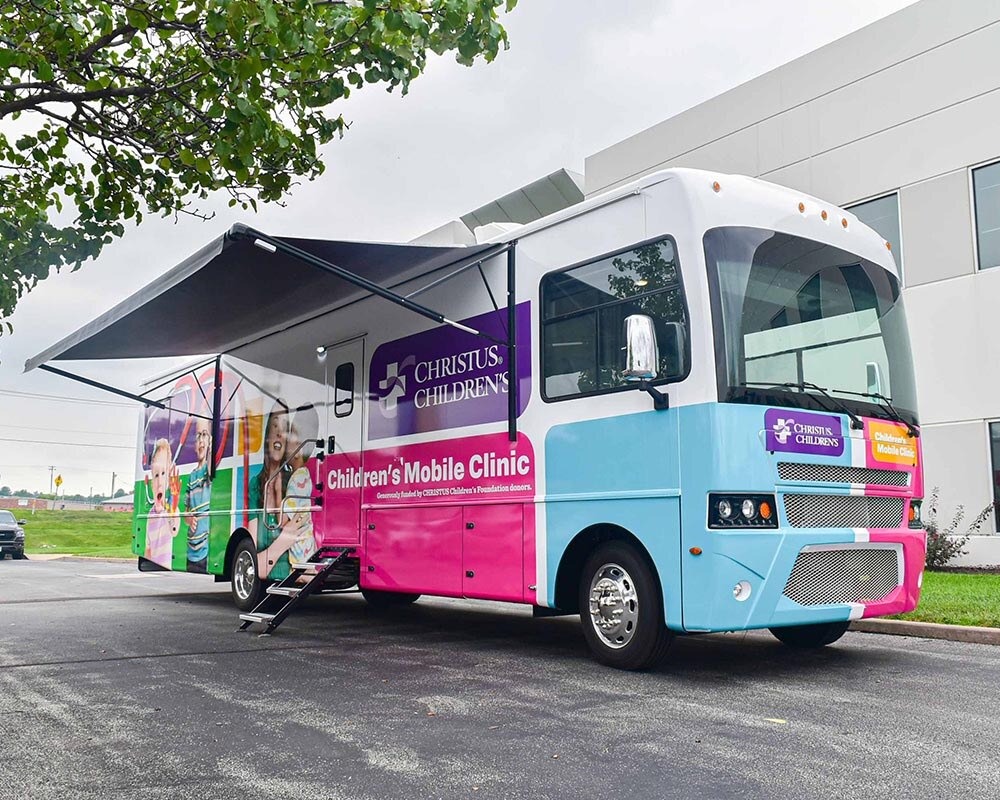Key Features of Custom Mobile Medical Units
Healthcare delivery is evolving fast, and accessibility is now a major priority. One of the most effective ways to meet this need is through custom-built mobile medical units. These advanced mobile healthcare vehicles are transforming the way communities receive care, especially in areas where hospitals or clinics are difficult to access.
Mobile healthcare vehicles combine mobility, medical-grade technology, and patient comfort in a single design. From diagnostic imaging to dental care and vaccination drives, these units bring essential services directly to the people who need them most.
Importance of Customization
No two healthcare programs are the same. A mobile clinic for telehealth will have different requirements from one used for blood donation, dental checkups, or community vaccination. Custom design ensures that each vehicle is tailored to fit specific needs, optimizing space, workflow, and functionality.
For example, a mobile diagnostic vehicle may include laboratory equipment, refrigeration, and clean air systems, while a maternal health vehicle might require private examination areas and accessible entryways. Thoughtful customization allows healthcare teams to deliver efficient and comfortable care on the go.
Essential Design Features
Ergonomic and Functional Layout
The interior design of a mobile medical unit is crucial for efficient service delivery. A well-planned layout ensures smooth movement for staff, adequate patient privacy, and proper separation between clean and used zones.
Medical-Grade Equipment
Mobile medical vehicles can be equipped with the same technology found in hospitals, including ultrasound machines, digital diagnostic tools, ECG systems, and laboratory instruments. All equipment must be safely secured to operate effectively even while the vehicle is in motion.
Reliable Power and Connectivity
Power reliability is essential for continuous operation. Most units are equipped with generators, solar panels, or battery backups. With telemedicine becoming more common, internet connectivity through 5G or satellite links is also a standard requirement, enabling doctors to consult remotely and access patient records in real time.
Climate Control and Safety
Proper air circulation, temperature control, and sanitation are vital in medical environments. Custom-built units include air filtration systems, non-slip floors, fire safety features, and easy-to-clean surfaces. These ensure both patient comfort and adherence to health regulations.
Accessibility for All
An effective mobile healthcare vehicle must serve patients of all ages and abilities. Features such as wheelchair lifts, wide doorways, and adjustable exam tables help ensure inclusivity. Vehicle mobility and durability also allow access to rural, urban, and emergency locations.
Technology in Modern Mobile Healthcare
Technology is at the heart of today’s mobile medical vehicles. Integrated telehealth systems allow patients to connect with specialists regardless of location. Digital diagnostic tools and electronic record systems make it easy to collect and share patient data securely.
According to the World Health Organization (WHO), telemedicine and mobile health initiatives have significantly improved access to care in underserved regions. Combining these technologies with mobile clinics helps reduce hospital congestion and supports preventive healthcare.
Benefits of Custom Mobile Units
- Provide direct access to healthcare in remote or underserved areas
- Enable rapid deployment during emergencies or public health campaigns
- Reduce infrastructure costs compared to fixed healthcare facilities
- Encourage community engagement and preventive health practices
- Offer flexibility to adapt for multiple medical services
Considerations Before Building a Custom Unit
When designing a mobile medical unit, organizations should start with a clear understanding of their healthcare goals. The target population, type of services, and operational environment determine the size, layout, and equipment needed.
It’s also important to comply with local health and safety standards, plan for maintenance, and ensure staff are trained to operate both medical equipment and vehicle systems. Strong coordination with existing hospitals and clinics helps maintain continuity of care.
The Future of Mobile Medical Units
The next generation of mobile healthcare vehicles is expected to be smarter, greener, and more connected. Advances in renewable energy, AI-driven diagnostics, and real-time data sharing will make these vehicles even more efficient.
As healthcare continues to move beyond traditional walls, custom mobile medical units will remain essential in bridging the gap between advanced medicine and the communities that need it most.
Frequently Asked Questions
What services can mobile medical units provide?
They can deliver a variety of services including general consultations, lab testing, vaccinations, telemedicine, and specialized diagnostics.
How are these units designed and customized?
Each vehicle is built based on its intended use, ensuring optimal space, medical equipment placement, and workflow efficiency.
What power sources are commonly used?
Mobile healthcare vehicles often use generators, battery systems, or renewable energy sources like solar panels for uninterrupted operation.
Can they be used during emergencies?
Yes, mobile units are vital during natural disasters and health emergencies, providing on-site care where hospitals are inaccessible.
How does technology improve mobile healthcare?
Integrated telehealth systems, digital diagnostics, and secure data sharing enhance patient care, reduce delays, and connect remote communities with expert support.





Comments